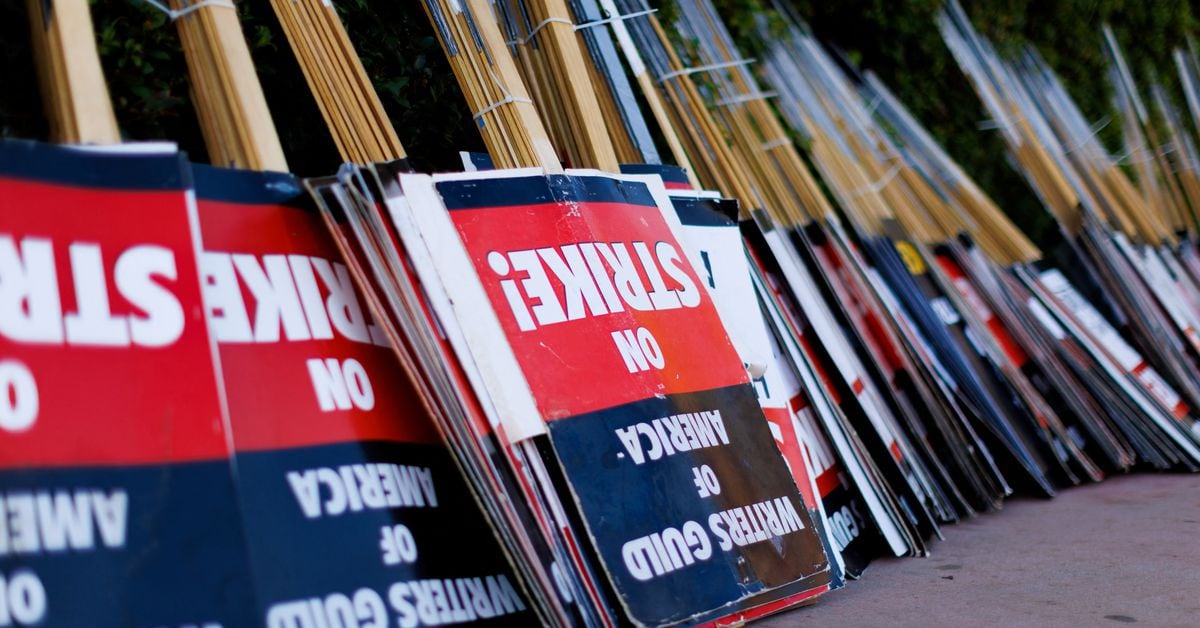- cross-posted to:
- [email protected]
- cross-posted to:
- [email protected]
They were among the hundreds of thousands of U.S. and Canadian film and television crew workers who were unemployed for up to 10 months because of strikes called by actors and writers, leaving a trail of evictions and family disintegration.
Crew members rallied to help one another and charities pitched in during the writers strike that began May 2 and ended in late September, and the actors strike that started in July. The actors reached a tentative agreement on Wednesday.
“The actors and writers are getting a lot of publicity but the crews are the collateral damage of the strikes,” said Lori Rubinstein, executive director of mental health charity Behind the Scenes.
Crew members lost health insurance and broke into retirement funds. They saw relationships collapse and became isolated and depressed as, month after month, they went without pay and lost the rush of 70-hour work weeks creating shows that cost hundreds of millions of dollars, according to union leaders, counselors and over a dozen crew members Reuters interviewed.



The crews often are. I don’t understand why they don’t have a union with reciprocal support agreements. I rememeber during the last strike the late night shows made agreements with the WGA so that they could bring their shows back if they performed no written material. That way the rest of the crews could get paid (and the actors weren’t on strike so there was stuff to promote). It was either Colbert or Conan that literally filled time by spinning their wedding ring on their desk, just because they could pay people to film it.
Conan. It was very stupid and very funny.
Conan handled the writers strike and this very issue so magnificently. We got Jordan Schlansky because of lack of content during the strike and he continued to pay idled employees personally out of his own pocket so that no one would lose a paycheck and no one felt pressured to “scab” to survive. A comedic master and a class act.